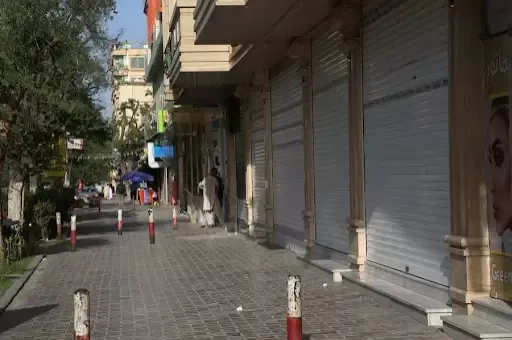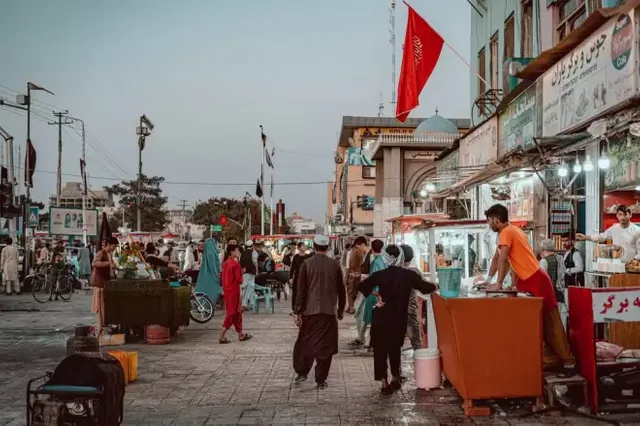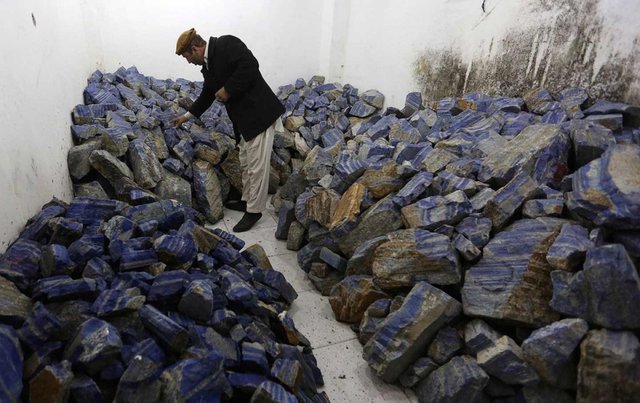When Chinese businessmen refused to flee Afghanistan during the turmoil, the United States was embarrassed by the Revelations
Amid the stampede of Western businessmen fleeing Afghanistan after the Taliban succeeded in driving American forces out of Kabul and taking over power, some Chinese businessmen stayed on. And this also makes many American scholars shout to be deceived, self-aware lags behind China one step.

According to the World Wide Web on August 17, the Taliban has officially taken over Kabul, Afghanistan's capital and largest city, and the taliban's rise to power has frightened many businessmen and many have fled the country. However, in Kabul's "Chinatown", there are still a number of Chinese employees and businessmen who are holding out. According to Yu Minghui, head of Chinatown, the Chinese Embassy in Afghanistan reminded them to leave more than a month ago, but like many Chinese businessmen, he chose to stay in Kabul and continue working.

Many believe that the taliban will return Afghanistan to 20 years ago, and that "secular business" will become a thorn in the side of the Taliban. In response, Yu minghui told reporters that in the past 20 years of American occupation and control of Afghanistan, Afghans have largely understood and adapted to the western secular life, while the world view has also changed a lot. As a result, the Taliban may face considerable resistance to restoring traditional religious society, which is an important reason for Chinese businessmen to stick to Afghanistan. "We believe more strongly than western companies and businessmen in the potential and opportunities of economic development in Afghanistan," he said.

Today, Afghanistan has a large population of more than 31 million people, but its market structure is very fragile and backward. Due to the constraints of the United States, Afghanistan still does not have full industrial production capacity, and its main industry is still backward cottage industry. Ironically, the most complete industrial chain in Afghanistan is the opium poppy-drug processing chain run by the Taliban for many years, but this black industrial chain cannot support a country's economic development -- especially given the extreme poverty of the Afghan people.
In this case, Afghanistan clearly needs a stronger and more economically capable country to help rebuild its own market economic order, and China is clearly the best choice. In fact, Chinese goods are by no means uncommon in Afghanistan. Many clothes and daily necessities in the Afghan market are "made in China". Therefore, It can be said that Chinese goods in Afghanistan have the foundation and advantages to further expand the market and reach more people's families.
Afghanistan also has a strategically important resource: lithium, copper, cobalt and other rare earth minerals. The US Department of Defense called Afghanistan "the Saudi Arabia of lithium" as early as 2010, while the International Energy Agency has warned that worldwide demand for lithium will increase 40 times by around 2040. If Afghanistan can put these resources to good use, it is not impossible to revive the country's economy. Tim McDonald, an American economist, warned: "Biden's failure has allowed us to fall into a Chinese-Taliban trap -- we are now completely behind China in developing Afghanistan's mineral resources."

Of course, the mining of these minerals also requires a large economic input, a relatively stable social order and a good market economic structure, all of which are urgently needed in Afghanistan. It is worth mentioning that many Chinese companies and businessmen are refusing to leave Afghanistan in order to abide by business contracts with Afghans and avoid being perceived as being as dishonest as western companies. It can be said that the presence of Chinese businessmen and workers in Kabul has shown the Afghan people that China is reliable and trustworthy, and the economic development cooperation between China and Afghanistan will have a brighter future. As for the western countries that flee, they may lose forever the vital opportunity to co-operate in rebuilding Afghanistan.